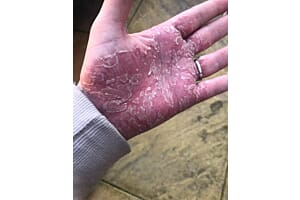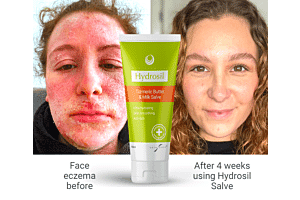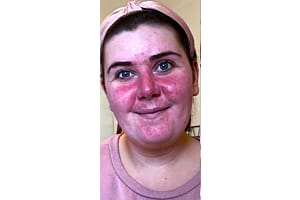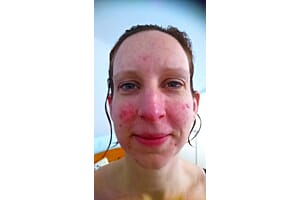There are certain points in our lives when we feel stress more than others, often the first place that stress shows is in your skin.
Find out the negative effects of stress on the skin and how to care for it
Stress affects your hormones, elevating Cortisol levels which increase oil levels in your skin. There are two kinds of stress. Emotional stress is the type of stress you experience when you lose your job, or when money worries persist or when relationships go wrong.
Physical stress refers to actual stresses on the body like illness, trauma from injury, pregnancy etc. Both types of stress can aggravate skin conditions such as acne, eczema and psoriasis. For those who are prone to acne, the elevated levels of Cortisol will lead to increase in acne outbreaks. It also affects nails.
When a person is stressed, they have less of a threshold of pain for coping with itching skin, as well as less focused attention and interrupted sleep patterns and so tend to scratch even more.
Some people who are stressed will pick at their cuticles, which damages the nail matrix and leads to ridges in the nails. Picking at the cuticles is known as a 'habit tic'. It causes damage to the growing part of the nail, resulting in ridges in the nail that may take up to a year to grow out. If a stressed person keeps picking at their cuticles, and will end up with permanent nail changes, and ridges, that can't be reversed. In this blog, you’ll find out all the effects of stress on the skin and how to take care of it in 8 easy ways.
The effects of stress on the skin and how to take care of it
1. Eat Well
Don’t skip meals, a poor diet will only increase symptoms of stress and can potentially affect the skin.
2. Cut Out Caffeine
Cut down on caffeine, it's a diuretic and also can make you feel more anxiety and nervousness than you do already if you are stressed. Switch to soothing teas or milky drinks.
3. Lower Your Intake of Alcohol
Cut down on alcohol. Alcohol can make your sleep more interrupted and is also a diuretic, so it can dry your skin out further at night.
4. Sleep Well
Try and get more sleep than normal, if you are better rested you are better able to deal with stress both emotionally and physically. A good night's sleep will also give your skin sufficient time to repair itself overnight.
5. Exercise More
At least 20 minutes of raised heartbeat cardiovascular exercise will help you sleep better as well as increase circulation to your skin and hair. A bit of outdoor ‘sun’ can also help with symptoms of psoriasis.
6. Use Preventative Skincare
Take preventative skincare action. Rather than waiting for your skin to break out, recognise that you are feeling stressed and start with a preventative skincare regime to help lessen the severity and frequency of skin outbreaks. Start using ‘treatment’ based skincare products such as Skin Shop’s Clarol range daily designed to help your skin battle the effects that acne can take on the skin.
7. Have Baths
Have baths rather than showers. Baths help to soak and soothe irritated skin. If possible also use an ‘anti-itching’ and soothing product in the bath designed for calming sensitive skin. Oats are an excellent product for soothing itchy sensitive skin and there are now specific bath products containing oats available for convenient use.
In addition after a bath there is more moisture in the skin so that is an excellent time to apply any treatment creams or emollients as the damp skin will lock moisture in and make the cream more effective.
8. Avoid Perfumed Skincare
Avoid as many chemical or perfumed skincare and hair care products as possible. Under stress your already sensitive skin becomes even more ‘reactive’ and sensitive so avoiding products with chemicals and perfumes in will help keep your skin calm.
Final Thoughts From Skin Shop...
The effects of stress on your skin can really take its toll over time, with our tips you should be able to take care of your skin and control your stress levels while helping keep your skin looking healthy. For more information and skincare advice visit our blog page.







